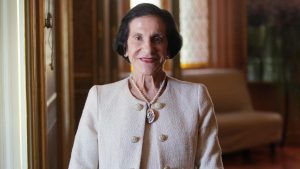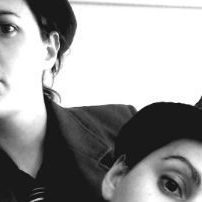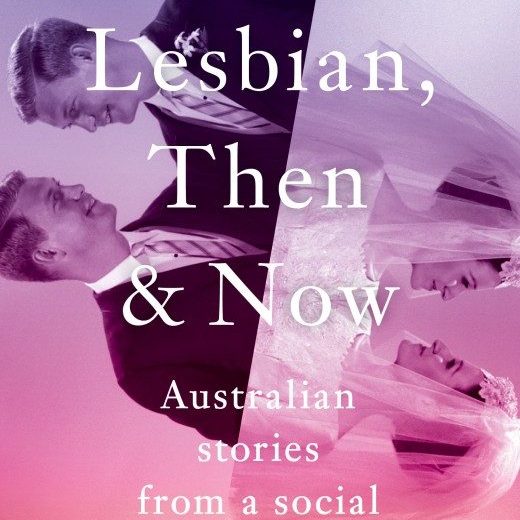
Her Excellency Marie Bashir will launch the 100 Voices oral history project at Paddington Town Hall.
To celebrate the significant milestone of completing 100 LGBT oral histories, the Pride History Group’s ‘100 Voices online collection will be launched by the Governor of New South Wales, Her Excellency, Professor Marie Bashir, AC CVO, on 27 February at the Paddington Town Hall. The Lord Mayor Clover Moore, a Patron of the Pride History Group, will also be present.
The ‘100 Voices project began in 2004 to preserve the history of LGBT (lesbian, gay, bisexual and transgender) people, particularly in Sydney. Much of this history has not been recorded or written down before, and oral history provides a vitally important means of rescuing this hidden history.
The interviews in the ‘100 Voices collection cover recollections of the covert ‘camp’ world of the 1950s and extend through to the diverse world of contemporary Sydney and beyond.
The collection covers social groups of earlier days, the emergent gay and lesbian political movements from 1970 on, the evolution of a commercial sub-culture of the bars and Oxford Street, through to personal memories of Mardi Gras from its beginning in 1978 and the devastating impact of HIV/AIDS and our communities’ responses to its challenges.
The ‘100 Voices collection “is the largest oral history record of LGBT Sydney,” notes Pride History Group committee member Shirleene Robinson. She says that making the collection “was an enormous undertaking made possible by members of the Pride History Group, particularly John Witte, and the willingness of those interviewed.” The collection also includes interviews donated to the Pride History Group.
The President of the Pride History Group, Lex Watson, commented that ‘the project records both much of our history that was not written down at the time, or not generally accessible in places like newspapers. It also records some more personal aspects of our lives. There is material here to jog the memories of those who were around at the time and material to inform and remind present generations that much has been achieved and changed, and that gay and lesbian life was often very different then.’


